ATK HP89 Chevy 350 Base Engine 390HP
FRASER FRHP89 Chevy 350 Base Engine 390HP FRASER FRHP89 Chevy 350 Base Engine 390HP Fraser High Performance Unit $ 4199 00 Fully Refundable Core Deposit


Let’s all agree it’s an ongoing battle to keep your windshield clean when you’re driving. Add the countless bug strikes during the warmer months, and how well bug splatter bonds to your windshield, and, well, whenever some new miracle product comes around, we (and I mean mostly men), are instantly willing to get it, and try it, almost regardless of the cost.
That’s how much a dirty windshield frustrates drivers.
So, congratulations! You’ve found Fraser’s guaranteed tips to ease your dirty windshield woes.
This list is compiled by us and has only our opinion and experience as its basis. (But it’s really informative. And, basically, the solutions presented range from cheapest to most involved.)
When it hit the market, everyone was amazed. You put the product on your windshield and the water just rolled off. Pollen buildup, tree goop, and even bug splatter were no match for this magical coating… for about a week. Then you needed to reapply it.
Well, guess what? Rain-X still works. It’s still relatively inexpensive, and comes in a bunch of flavors like the original direct spray-on bottle, handy wipes, and an additive you can add to your own wiper fluid bottle. (Oh, and they make their own brand of wiper fluid, but it’s milky pink and kinda expensive at double the price of the gas station stuff.
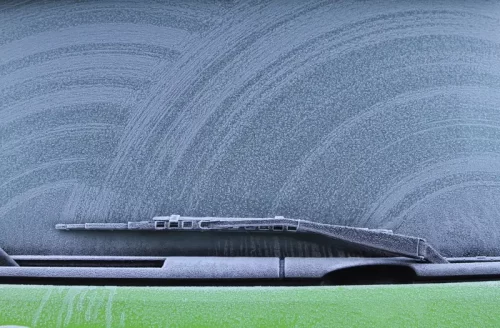 Amazingly, you can make a single set of wiper blades last for years with the right maintenance. Can’t be bothered? Did you notice they don’t sell them in two-packs anymore? And the one-unit price is climbing fast? If you could just manage to wipe your blades down with Windex and wipe them up with a coating of a rubber protectant like Armor All, twice a month, you’d be doing them a huge favor.
Amazingly, you can make a single set of wiper blades last for years with the right maintenance. Can’t be bothered? Did you notice they don’t sell them in two-packs anymore? And the one-unit price is climbing fast? If you could just manage to wipe your blades down with Windex and wipe them up with a coating of a rubber protectant like Armor All, twice a month, you’d be doing them a huge favor.
The number one culprit destroying your wiper blades isn’t inclement weather, it’s the sun. The blades are rubber, and thus susceptible to UV rays. Some wildly-expensive wiper brands have a UV-blocking composition, but why pay that money when you can extend your blades life tenfold with a little product called 303 Aerospace Protectant, which is a highly-concentrated, and very effective UV protectant for, you got it, rubber!
So, we all know what a typical windshield wiper blade looks like. It’s a long, skinny piece of rubber being pressed against your windshield by a series of little metal arched arms. Well, that’s the “old” wiper blade. Make way for the new “beam” blades, which have an aerodynamic design that hugs your windshield like sneakers on hot pavement, and with no exposed metal parts reduce snow and ice buildup significantly.
They’re also beefier in the rubber department, and some have multiple contact points on the glass, in the same way, a three-blade shaver meets the skin more.
The best thing about these beam wiper blades is your can slather them in 303 Aerospace Protectant and they will go on forever. (I have a pair on my car that I’ve kept working great for just over three years!)
Yep, just like Rain-X, the wax you put on your paint will work similarly on your glass. As a matter of fact, some better polymer waxes will work exceptionally well on your windshield, giving an extended period of effectiveness over using Rain-X.
 Compound Your Windshield First, Then Wax It. That’s right, there are special buffing compounds designed specifically for glass, that will remove the microscopic layers that have broken down, exposing “virgin” glass to which sealants and protectants adhere much better.
Compound Your Windshield First, Then Wax It. That’s right, there are special buffing compounds designed specifically for glass, that will remove the microscopic layers that have broken down, exposing “virgin” glass to which sealants and protectants adhere much better.
In the “cost-to-effort” ratio, polishing your glass, or your paint for that matter, requires a rotary buffing tool and a lot of muscle. So, while it’s not overly expensive, it is laborious. But, the results can range from clearly noticeable to outright amazing.
Apply A Ceramic Coating To Your Windshield, and truly experience amazing.
For this tip, we are NOT exaggerating. Ceramic coating technology is definitely new, but it’s already proven itself in products that rejuvenate headlights and faded plastic trip and appear to last for months if not years.
The basic premise is that the ceramic coatings cures like an epoxy, and create a bond to the coated material that is virtually impenetrable, yet lets the metal, plastic, or glass expand and contract with changes in the climate.
So, in practice, not theory, the ceramic coating you apply to your vehicle becomes stronger over the first few days after application. And the water-repelling and self-cleaning properties are, well, amazing.
Please understand, as a general rule, we try not to endorse specific products, but we used “Rain-X” as a defacto example in much the same way people say “make a Xerox” when they mean; make a copy on the copy machine.
SPECIAL NOTE: Nobody likes bug splatter, unless it’s Firefly season, and you’re driving at night. That is the only exception to the rule. A Firefly windshield strike is like flying through space in your galactic cruiser and experiencing a shooting star… smashing into your ship.
FRASER FRHP89 Chevy 350 Base Engine 390HP FRASER FRHP89 Chevy 350 Base Engine 390HP Fraser High Performance Unit $ 4199 00 Fully Refundable Core Deposit
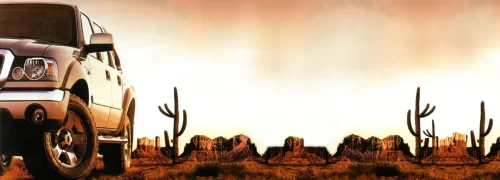
When it comes to a robust and dependable engine, the Ford 4.0L engine stands as a remarkable contender in the automotive world. Renowned for its

In this article series, we’re going to talk about the heart and soul of Ford’s off-road dominance—their engines, with a special focus on the formidable
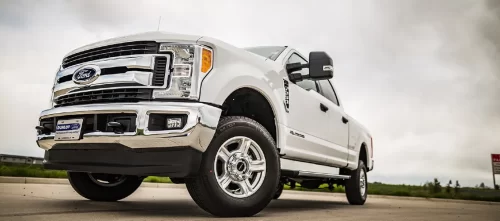
Hello there, truck enthusiasts and Ford loyalists! Fraser Engines here, ready to dive into the world of trucks that embody the American spirit—the Ford Super
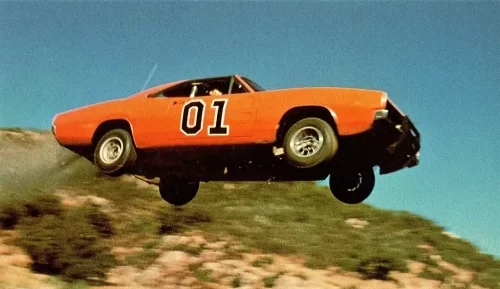
1969 Dodge Charger ENGINE SPECS for the GENERAL LEE:1969 Dodge Charger7.2 Liter RB V8 EngineRB (Raised Block), Produced from 1959-1979 (Chrysler)Estimated Brake-Horsepower Rating of 375
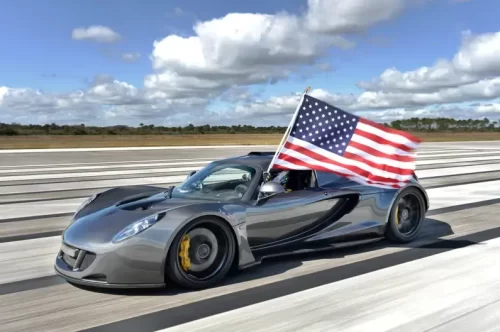
The Fastest American Sports Car You’ve Never Heard Of. A hand-crafted sports car from Texas has beaten every European challenger. The Hennessey Venom GT is